Table of contents
● Introduction
● The History of Chai
● Chai: A Culture
● Chai: A connector of People
● Chai: blends and fusions
● Beyond Flavour: The Health Aspect
● Global Impact & Evolving Trends
● Final Thoughts
Introduction
The clatter of cups in the office pantry, the laughter at a roadside stall, the calm veranda where a grandmother pours chai into steel tumblers, every corner of India finds its rhythm in tea. For the office-goer, it’s that sacred five-minute break when deadlines pause, colleagues gather, and stories spill more freely than emails. For the student, it’s the midnight companion, steaming in a chipped mug, keeping eyes open as assignments stretch into dawn. For the traveler, it’s the comfort of a small glass pressed into their hand at a bustling station, warmth cutting through the chaos. And for families, it’s a ritual of togetherness, where conversations flow around the table as steadily as the tea itself. Chai doesn’t just fuel our days; it softens them, binding moments of pause, comfort, and belonging into the fabric of everyday life.
The History of Chai
 The story of chai begins long before the roadside chaiwala became an icon. Rooted in ancient Ayurveda, herbal brews once served as medicine, calming nerves, aiding digestion, and restoring balance. Centuries later, the British planted sprawling estates in Assam and Darjeeling, and tea leaves became part of India’s soil. But India didn’t just sip tea; it transformed it. Into boiling pots went milk, sugar, cardamom, cinnamon, and ginger, turning the drink into masala chai, a concoction as bold and warm as the people themselves. It was no longer just about flavor; it became about feeling. The factory worker found strength in it, the homemaker offered it as hospitality, and generations began carrying forward a tradition both deeply rooted and ever-evolving. This fusion of heritage and creativity is what inspires Chai Chun’s collection today — honoring the past while blending new flavors for the modern tea lover.
The story of chai begins long before the roadside chaiwala became an icon. Rooted in ancient Ayurveda, herbal brews once served as medicine, calming nerves, aiding digestion, and restoring balance. Centuries later, the British planted sprawling estates in Assam and Darjeeling, and tea leaves became part of India’s soil. But India didn’t just sip tea; it transformed it. Into boiling pots went milk, sugar, cardamom, cinnamon, and ginger, turning the drink into masala chai, a concoction as bold and warm as the people themselves. It was no longer just about flavor; it became about feeling. The factory worker found strength in it, the homemaker offered it as hospitality, and generations began carrying forward a tradition both deeply rooted and ever-evolving. This fusion of heritage and creativity is what inspires Chai Chun’s collection today — honoring the past while blending new flavors for the modern tea lover.
Chai: A Culture

In India, chai is less a drink and more a gesture of the heart. A guest walking into a home is almost always greeted with the same words: “Chai lenge?” (Will you have tea?) Refusing feels almost impossible, because chai is the language of hospitality. Picture friends huddled under a tin roof as rain pours, sharing pakoras with their steaming cups; or colleagues escaping the grind of meetings for “just one cutting” at the corner stall. Lovers meet for tea when coffee feels too formal, and families bond over it when silence feels too heavy. Chai has this rare power that fits into every mood, every relationship, every season. It is the cup that makes strangers into friends, pauses into memories, and ordinary evenings into stories. To live in India is to live with chai, because here, chai is culture.
Chai: The Connector of People

Chai isn’t just brewed in cups , it’s brewed in moments. At a roadside stall or a kitchen table, it quietly gathers people, turning ordinary spaces into hubs of laughter, stories, and shared silences.
Across languages, states, and beliefs, chai speaks one universal dialect- togetherness. It slows down the rush of life, urging us to pause, listen, and truly see each other.
Every sip is more than taste, it’s warmth, comfort, and an unspoken promise of belonging. Chai doesn’t just connect people; it keeps them coming back for another pour of memories.
Chai: blends and fusions

India’s geographical diversity and climate have blessed it with variety of flavours and aromas. Assam, Darjeeling and Nilgiris are the most famous teas in India. Each region provides a distinctive taste and represents the weather and heritage of the respective regions.
Assam tea is the best for people you love bold aroma with rich flavour. It is often preferred for powerful kick to start the day.
Shop Assam Vintage Tea Shop Assam Royale Tea Shop Assam Exotica Tea
Darjeeling tea is loved for its floral notes and light golden colour which makes it perfect for a calming experience. It is also known as the “champagne of teas.”
Masala Chai is known for its aromatic blend of spices like cinnamon, cardamon, ginger, cloves and black pepper. Each spice comes with health benefits and adds warmth to the tea.
Herbal Infusion includes Tulsi, mint, chamomile or lemongrass is ideal for people seeking caffeine-free drinks. They contain therapeutic qualities and are soothing and aromatic.
Beyond Flavour: The Health Aspect

Nowadays, increasing awareness of health and wellbeing has influenced how people select their chai blends. People are focusing on options which are flavourful and less harmful at the same time. Chaichun's non-acidic teas are unique in this regard. Our carefully chosen blends, which are inherently calming, let tea enthusiasts savor the richness of chai without worrying about stomach problems. Because of this, chai is not just a delicious cultural beverage but also a wise health decision.
Global Impact & Evolving Trends

From the streets of Kolkata to cafés in New York, chai has gone global. Chai lattes, iced masala teas, and fusion recipes are trending worldwide. Yet, the soul of chai remains unchanged, a comforting blend of tea, milk, and spices. Chai Chun bridges tradition and modernity, offering both classic loose-leaf blends and convenient ready-to-brew options to suit today’s fast-paced life.
Chai Chun – Preserving the Legacy, Brewing the Future

At Chai Chun, chai is a craft and a calling. The finest leaves from India’s lush tea gardens are sourced, spices for maximum freshness are handpicked, and blends that honour tradition while embracing innovation are created. Whether you want the robust punch of Assam, the gentle floral notes of Darjeeling, or the festive warmth of masala chai, Chai Chun make sure every cup you brew carries India’s chai heritage forward.
Final Thoughts

In India, the cultural significance of chai extends beyond mere consumption. It serves as an emotional anchor, a cultural connection, a daily routine, and a source of health benefits. Tea offers a personal and social activity, whether in the busy chaiwala stalls or in the peaceful nooks of a house.
It brings people together and offers comfort. Having an interest in Indian tea traditions and appreciating the richness of chai culture is like relating to a piece of India.

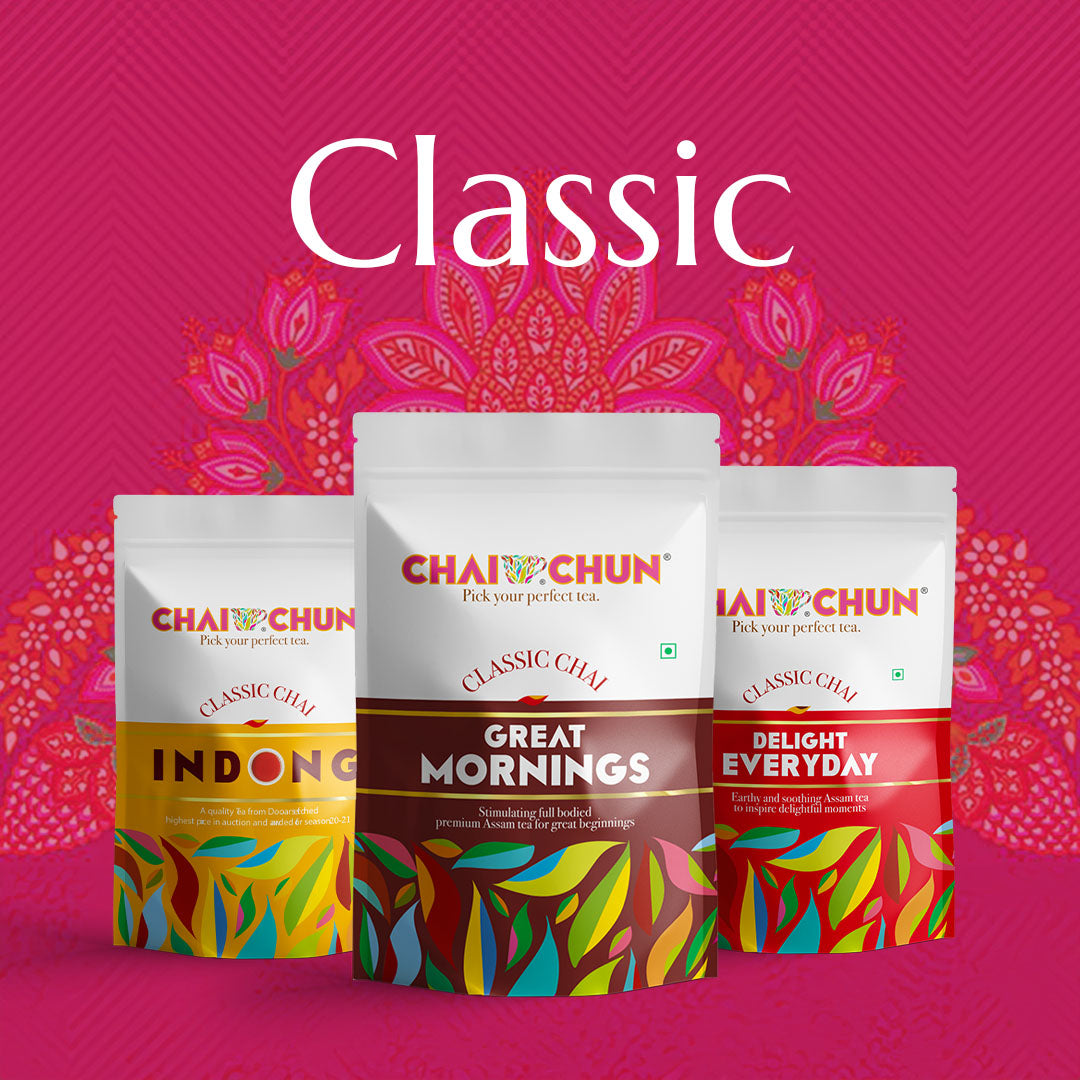
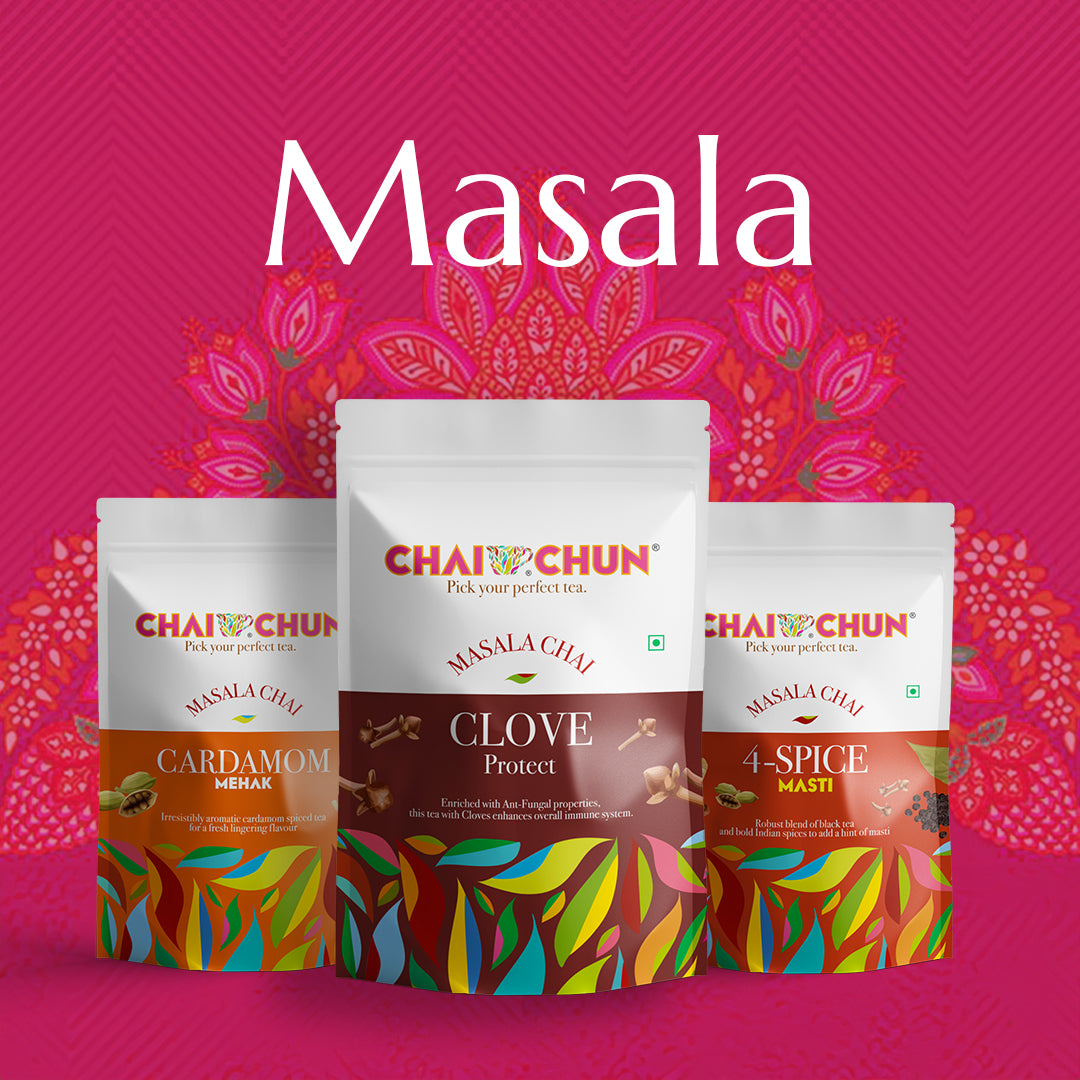
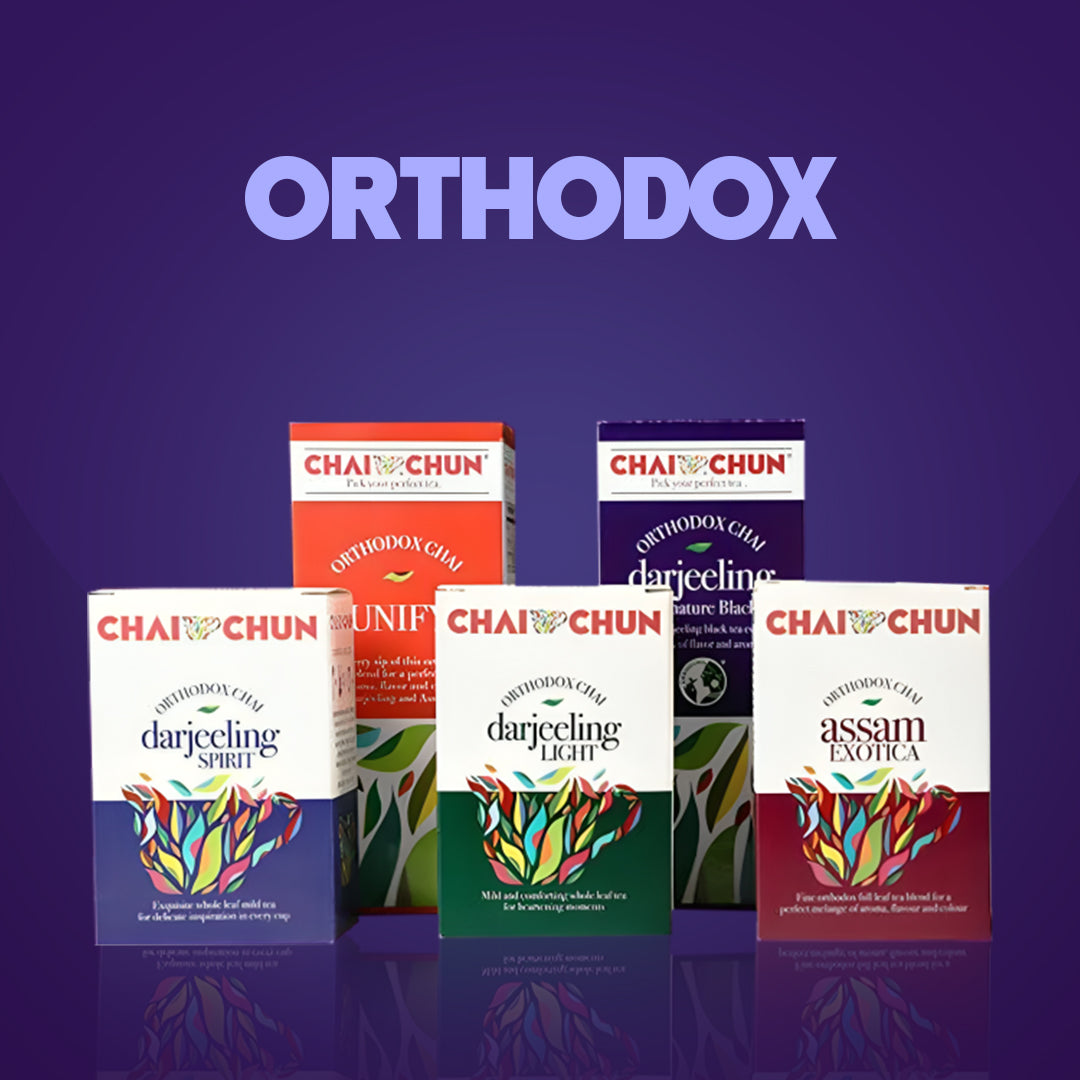
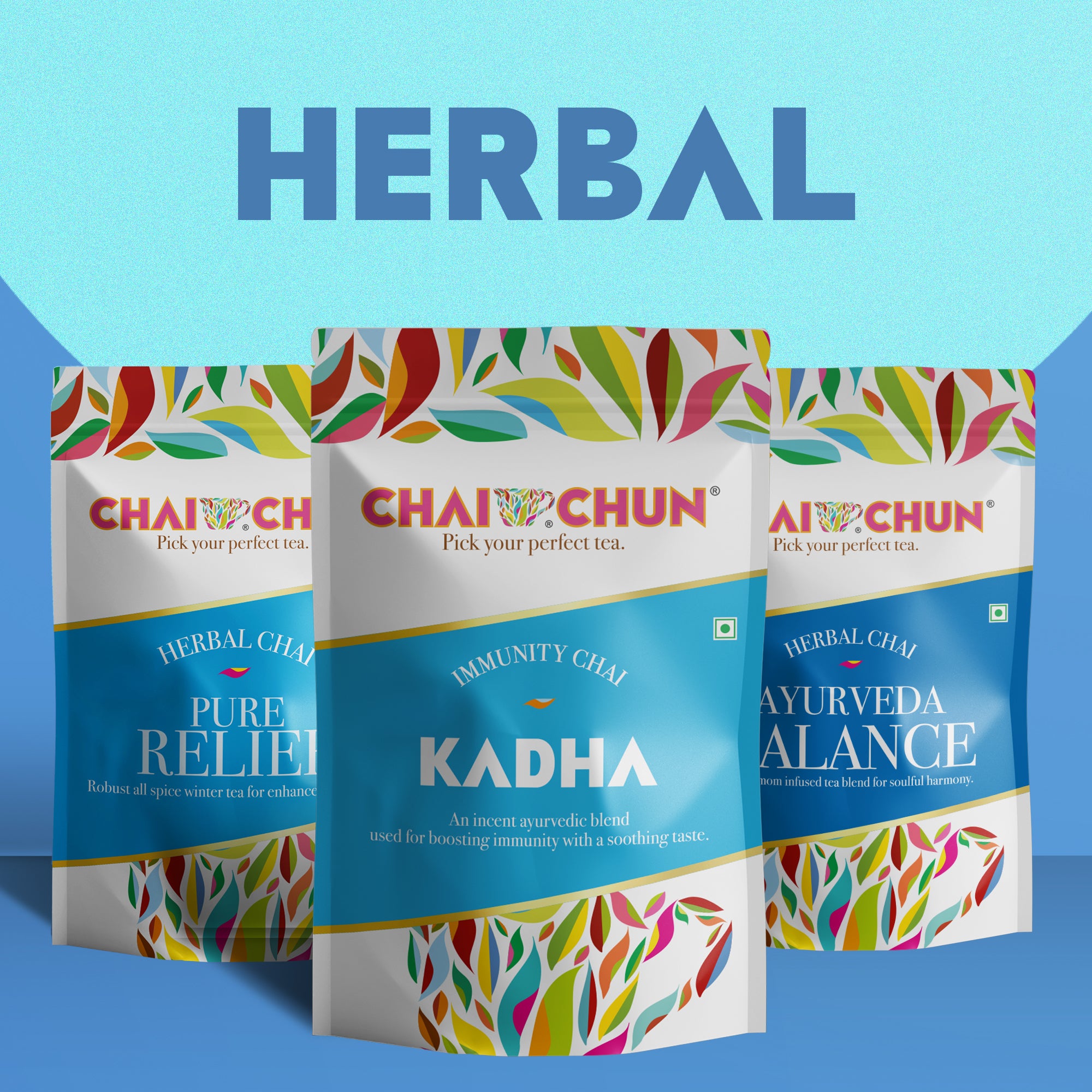
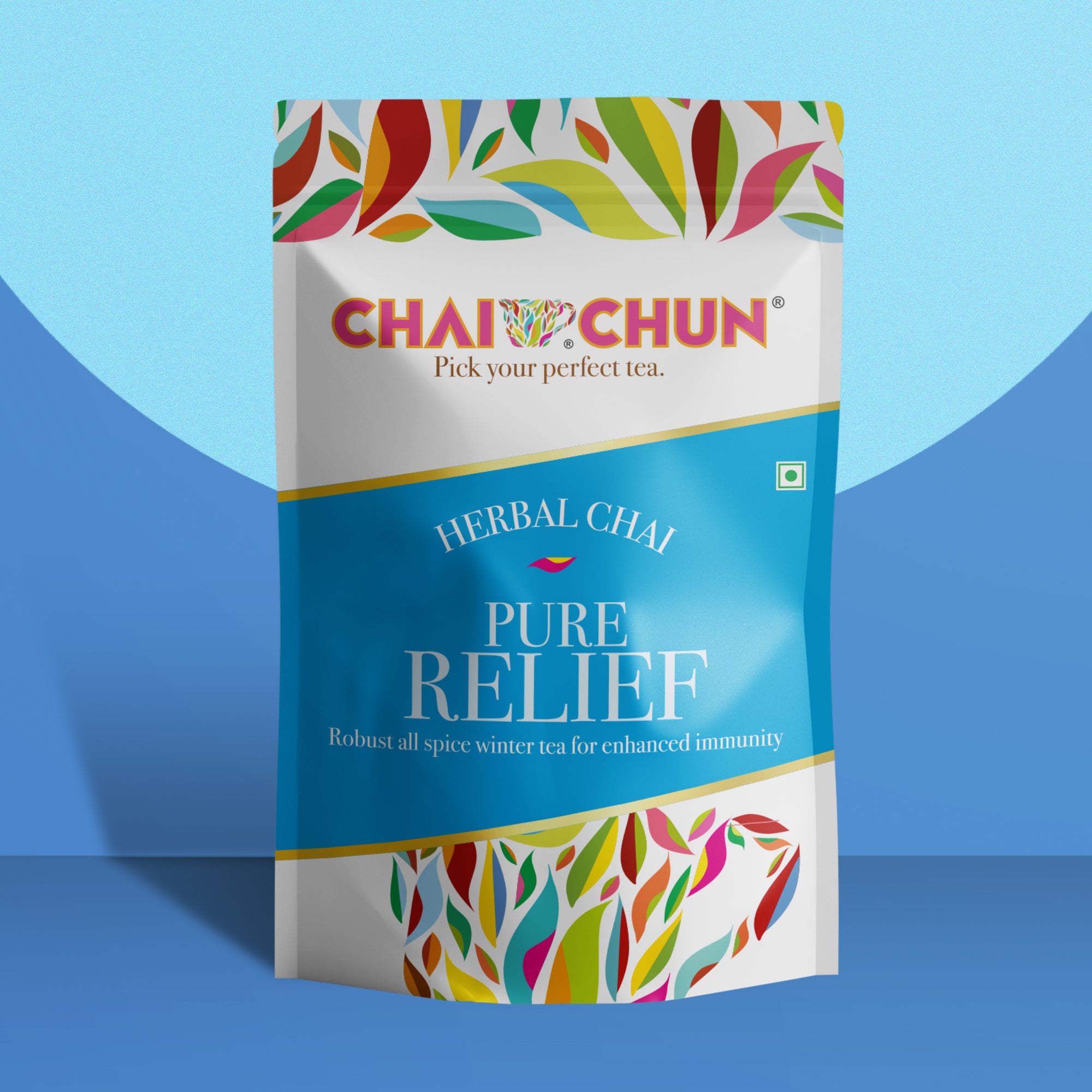
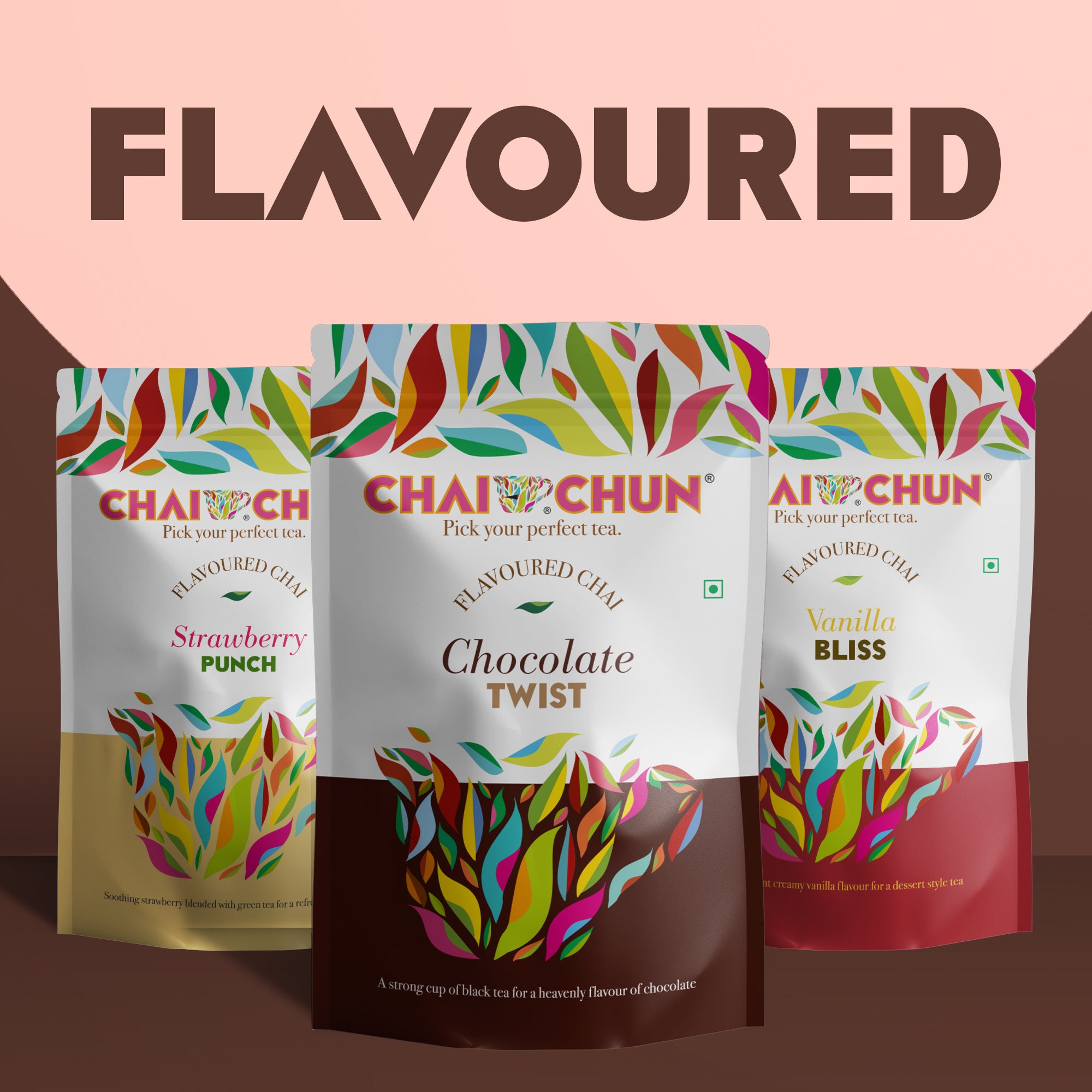


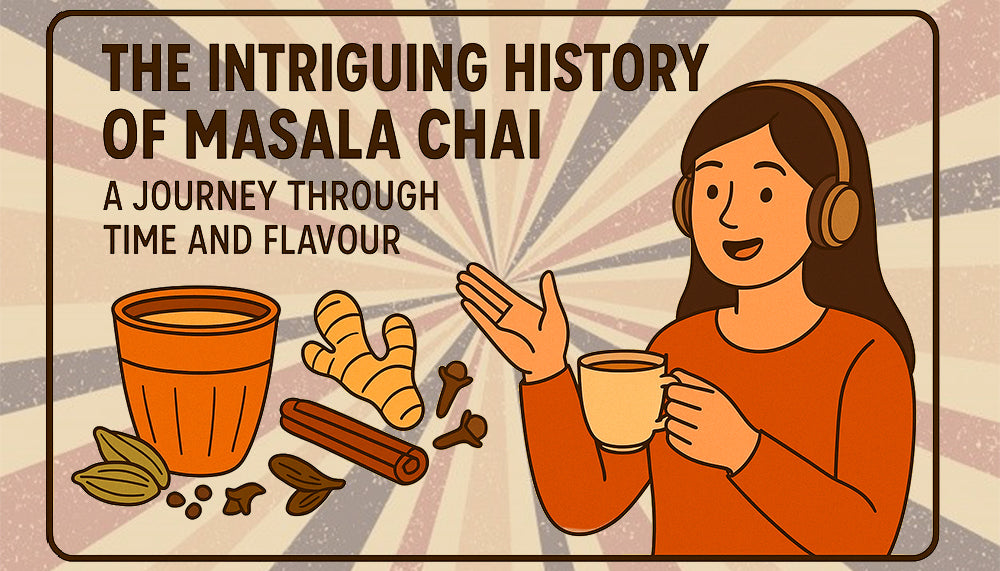
Leave a comment
All comments are moderated before being published.
This site is protected by hCaptcha and the hCaptcha Privacy Policy and Terms of Service apply.